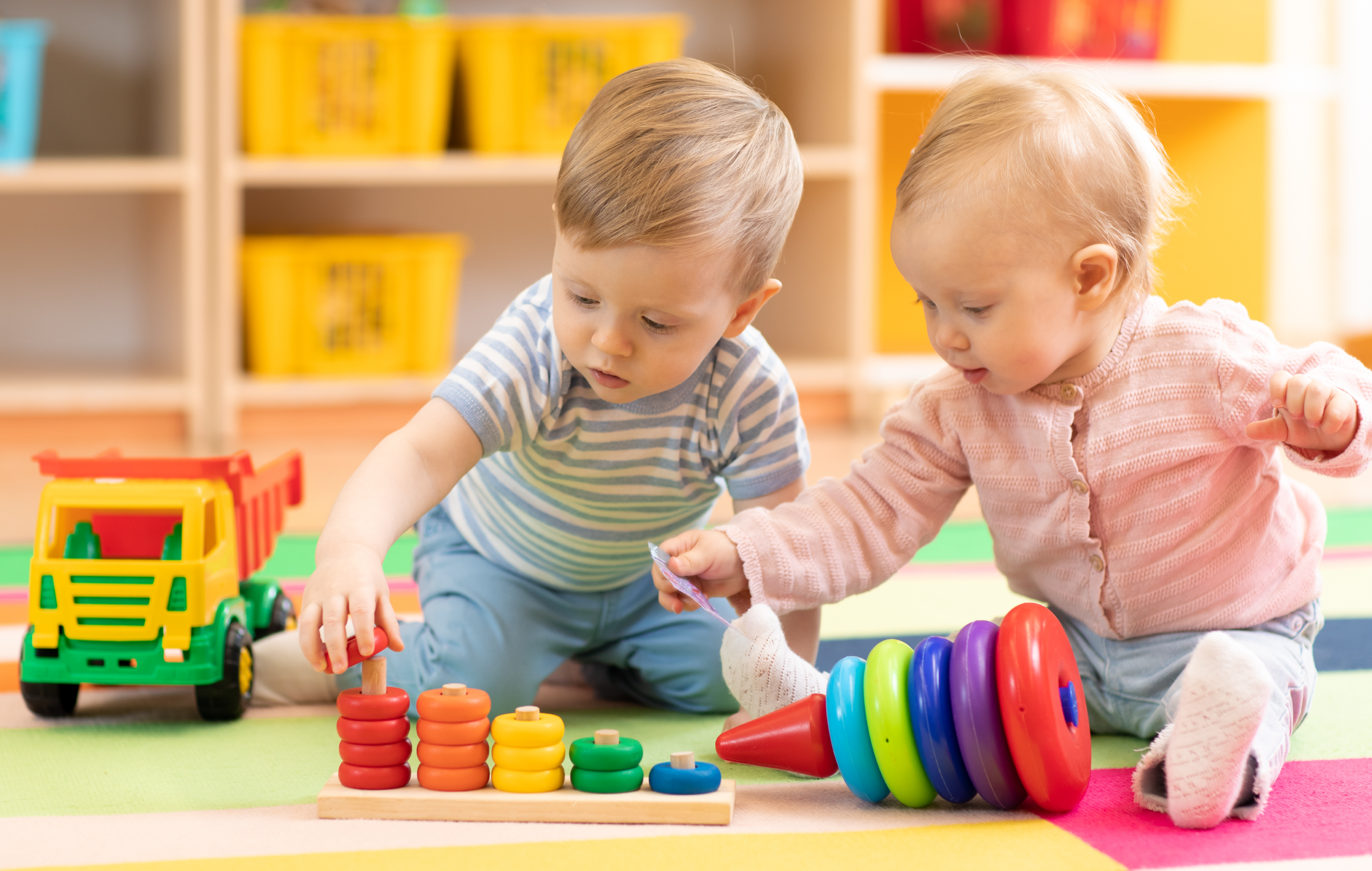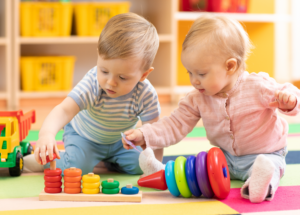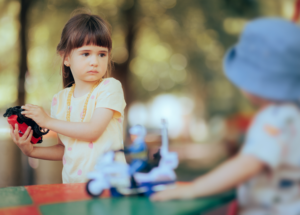
How to Encourage Early Social Skills Through Playdates
Playdates are a fantastic way for toddlers to develop social skills such as sharing, communication, and forming friendships. These early interactions help children understand how to navigate relationships and interact with their peers. With a bit of planning, playdates can foster positive social experiences that set the stage for your child’s social growth.
Why Playdates Are Important for Social Skills
Playdates allow toddlers to practice essential social skills like sharing, taking turns, and expressing their feelings. These experiences also help children learn how to understand social cues, such as body language and personal space, boosting their confidence in future social settings.
Tips for Successful Playdates
1. Set Expectations:
Discuss with your child and their playmate what behaviours to encourage, like sharing and being kind.
2. Create a Playdate-Friendly Environment
Provide toys and activities that encourage cooperation, such as building blocks or puzzles.
3. Encourage Communication
Guide your child to engage in conversations, ask questions, and express emotions during the playdate.
4. Supervise, But Don’t Hover
Let the children solve minor issues on their own to develop problem-solving and conflict resolution skills.
Managing Conflicts
Conflicts are common, but you can manage them with these strategies:
- Stay Calm: Your reaction sets the tone for the children.
- Teach Problem-Solving: Help them find solutions by asking questions like, “What can we do so everyone has a turn?”
- Praise Positive Behaviour: Reinforce positive behaviour when they resolve conflicts on their own.
Making Playdates Fun
Balance structured activities with free play. Consider activities like arts and crafts, simple games (e.g., “Simon Says”), and outdoor play to keep children engaged and encourage teamwork.
Playdates are a great way to help toddlers build social skills while having fun. By setting expectations, guiding communication, and creating a fun, engaging environment, you’ll help your child develop the skills they need to build lasting friendships.


